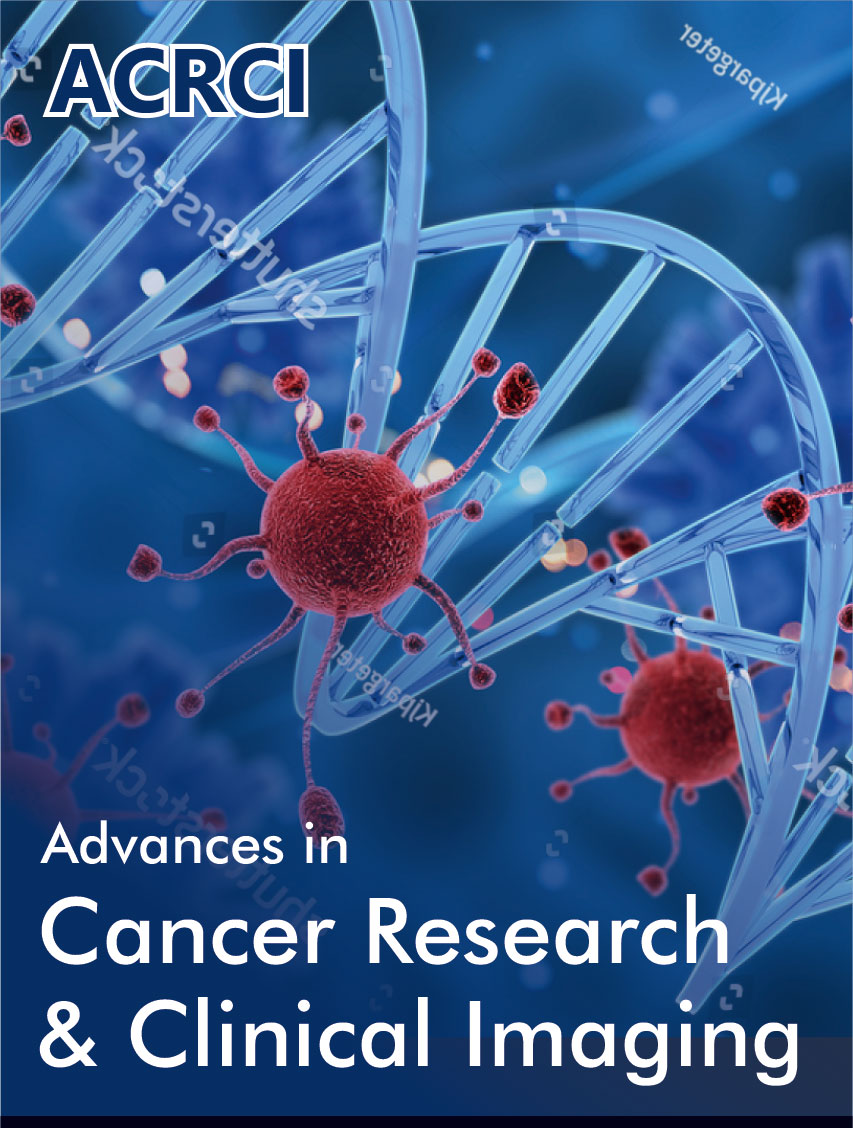 Editorial
Editorial
Complementary and Alternative Medicine Use in Cancer: The Role of Clinical Pharmacists
Amani E Khalifa*
Faculty of Pharmacy, Ain Shams University and Scientific Consultant for Children Cancer Hospital (CCHE 57357), Cairo, Egypt
Amani E Khalifa, Professor of Pharmacology & Toxicology, Faculty of Pharmacy, Ain Shams University, Cairo, Egypt.
Received Date: August 18, 2018; Published Date: August 27, 2018
Abstract
Complementary and Alternative Medicine (CAM) refers generally to medical products and practices that are not part of standard medical care. Complementary medicine is the one that can be used together with conventional medicine. Alternative medicine is the one that can be used in place of conventional medicine. Integrative medicine refers to using conventional and complementary approaches together. CAM is becoming increasingly popular among the general population as well as among cancer patients. It is being used for the prevention and treatment of illness, holistic care, and/or counteracting the adverse effects of conventional medicine. Cancer patients in particular use CAM to cope with signs and symptoms caused by cancer and cancer medications such as anxiety, distress, uncertainty, confusion, fatigue, wasting, nausea & vomiting, pain, difficulty sleeping, and stress.
Abbreviations: CAM: Complementary and Alternative Medicine; MCP: Modified Citrus Pectin; CAP: Complementary & Alternative Products; CAPHP: Complementary & Alternative Physical Health Practices; CAMHP: Complementary & Alternative Mental Health Practices; T&CM: Traditional & Complementary Medicine
-
Amani E Khalifa. Complementary and Alternative Medicine Use in Cancer: The Role of Clinical Pharmacists. Adv Can Res & Clinical Imag. 1(1): 2018. ACRCI.MS.ID.000502.
-

This work is licensed under a Creative Commons Attribution-NonCommercial 4.0 International License.






